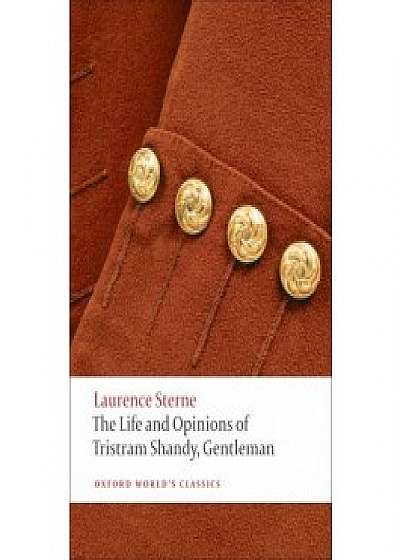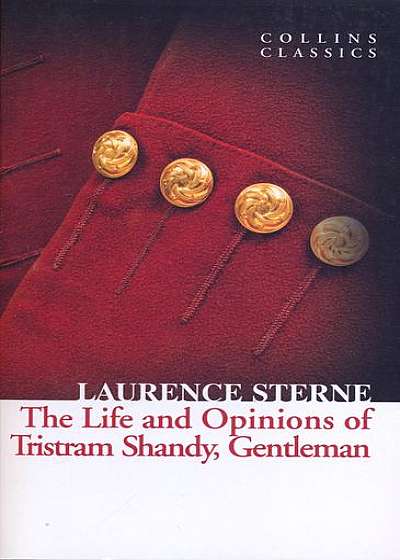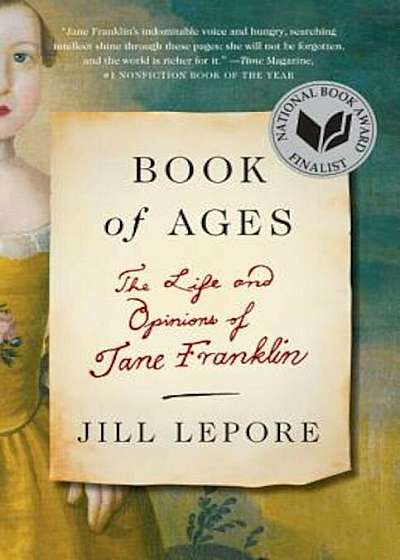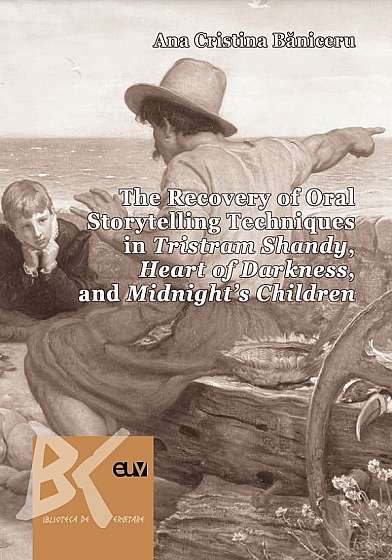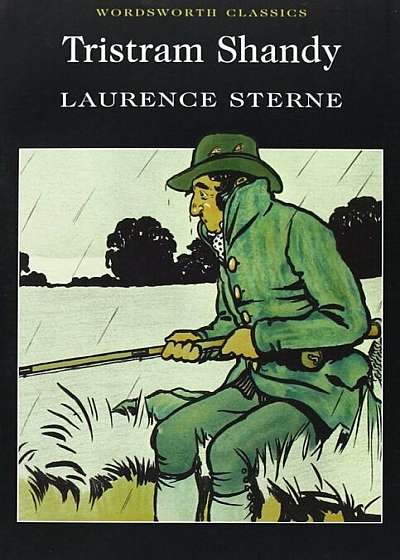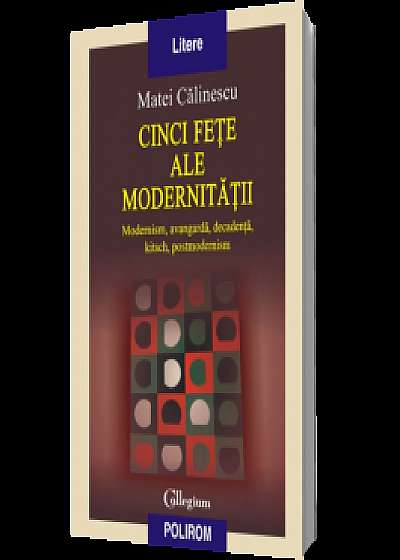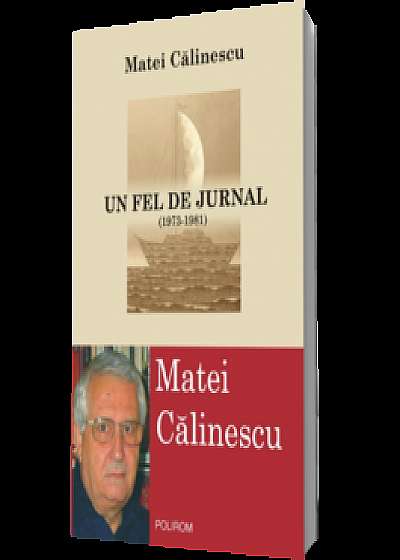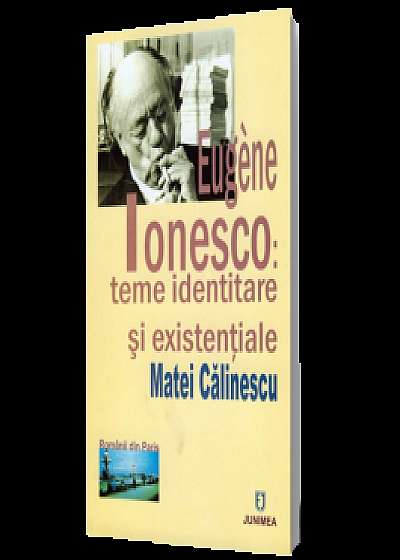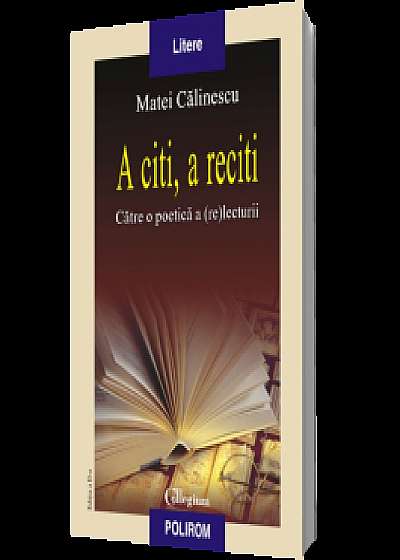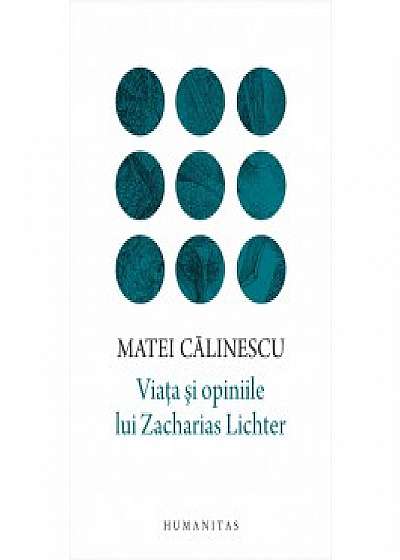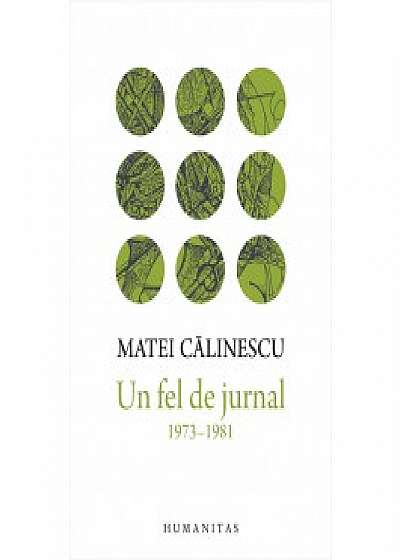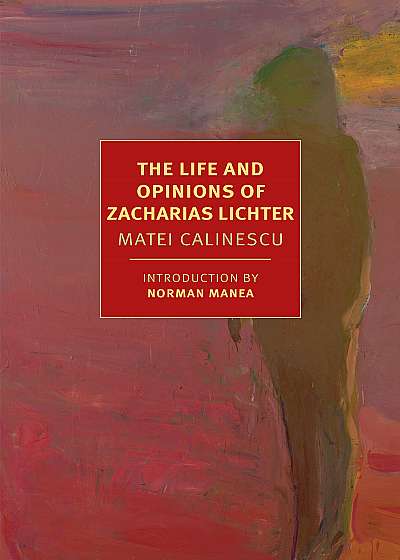
The Life And Opinions Of Zacharias Lichter
Descriere
A new translation of the only novel by lauded Romanian literary critic Matei CălinescuUgly, unkempt, a haunter of low dives who begs for a living and lives on the street, Zacharias Lichter exists for all that in a state of unlikely rapture. After being engulfed by a divine flame as a teenager, Zacharias has devoted his days to doing nothing at all—apart, that is, from composing the odd poem he immediately throws away and consorting with a handful of stray friends: Poldy, for example, the catatonic alcoholic whom Zacharias considers a brilliant philosopher, or another more vigorous barfly whose prolific output of pornographic verses has won him the nickname of the Poet. Zacharias is a kind of holy fool, but one whose foolery calls in question both social convention and conventional wisdom. He is as much skeptic as ecstatic, affirming above all the truth of perplexity. This of course is what makes him a permanent outrage to the powers that be, be they reactionary or revolutionary, and to all other self-appointed champions of morality who are blind to their own absurdity. The only thing that scares Zacharias is that all-purpose servant of conformity, the psychiatrist.This Romanian classic, originally published under the brutally dictatorial Ceauşescu regime, whose censors initially let it pass because they couldn’t make head or tail of it, is as delicious and telling an assault on the modern world order as ever.A literary jewel of eccentricity seen as an ethical provocation, which created an unforgettable shock at a time when the mental stereotype imposed by the dictatorship was dimly trying to find the first slits for a breakthrough....The writer summons, in an artistic undertaking that is ever vigorous and vibrant, the fundamental questions of existence, the ephemeral and the transcendent stimulating each other in a dynamic exchange of energy, with original and seductive accords of lasting resonance. —Norman ManeaA Baal Shem Tov imagined by Sterne.—Emil CioranFor students of Iron Curtain-era Eastern European letters, a lost treasure. —Kirkus Reviews
